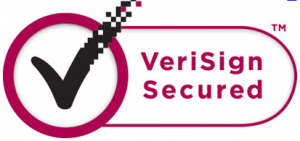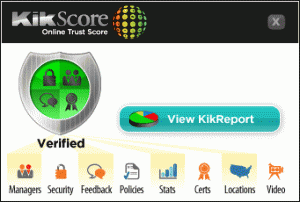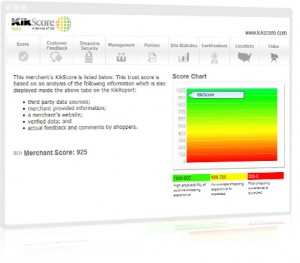Archive for the ‘Small Business Tips’ Category
Advance Your Merchant Services for Your Small Business with Mobile Credit Card Payment
Monday, July 11th, 2011The RAZR was once the biggest advancement in mobile phones in the U.S. Consumers went nuts to get the latest technological advancement. Now the RAZR is a thing of the past. If someone is seen with one of them they are often seen as outdated.
The same may be said one day for classic credit card processing terminals. You know the ones that are still connected with a phone line to a modem. Even those bulky, slow wireless credit card processing terminals are becoming a thing of the past. Now there are companies that are developing the next age of credit card processing machines. You may have even seen one if you have been in at an Apple Store lately!
With technological advancements such as, Pay Anywhere, it is possible to accept credit cards anywhere on your smartphone. This advancement is crucial for those who take their business on the go. Imagine a customer paying for a delivery order through an iPhone credit card processing terminal. Don’t have an iPhone? That’s fine you can turn your iPad, Blackberry, or Android into a credit card processing terminal as well. Not only is this tech savvy, it is also green! Seconds after the card is swiped, a receipt is text messaged and/or e-mailed to the customer. The best part is the fees associated with many monthly credit card processing contracts are more manageable that traditional card processing machines.
No Scary Fees
A lot of small businesses, and businesses that are constantly on the go fear that the fees of processing credit cards will out weight the extra business they bring in. It can be scary for a small business owner to commit to a lengthy contract that requires a monthly rental fee, monthly minimum fee, and the most dreaded cancellation or early termination fees. It is especially hard to compute if it will be worth it for a business to begin accepting credit cards, since there is no way to accurately predict the number of credit card sales that they will receive once they begin accepting them.
Pricing
Providers like Pay Anywhere makes accepting credit cards less scary for any business owner looking to expand their payment options. With almost none of the previously mentioned fees, a business owner has nothing to fear in trying it out. Even a freelance artist who would only use a credit card terminal a couple times a month could maybe benefit here too from this technology. No longer will you watch a sale walk away because the cost exceeded the cash in hand that the potential customer had. You may be able to get some providers to even eat the cost of the credit card reader as the provider gives that to their clients for free. At other places these could exceed the cost of 150 dollars. Try to find a provider that has no fees associated with the application process.
Some Benefits
This mobile processing technology, it is takes off, will benefit anyone whose business has them constantly traveling from sale to sale. The fear of a check bouncing for services rendered will be eliminated as you can have that customer simply swipe and sign with their debit card instead. General contractors will attract more job prospects by sampling accepting credit cards. Don’t be the one with the RAZR in 2011, be the one who had the iPhone in 2007!
We would love to hear about your experiences with credit card processing over a smartphone. Tell us about them please in the comments below.




















